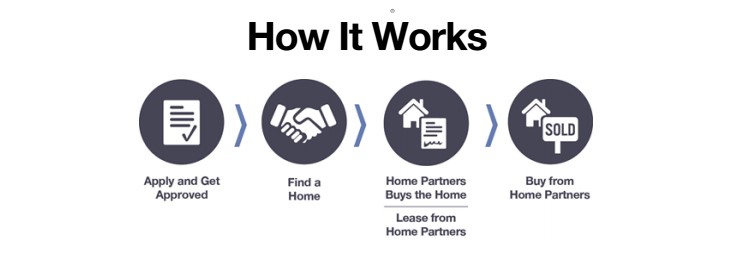Every year, it seems like the same things are on the list but this could be the year you really do invest in a rental home.
Rents are climbing, values are solid and mortgage rates are still low for non-owner occupied properties. A $150,000 home with 20% down payments can easily have a $300 to $500 monthly cash flow after paying all of the expenses.
There are lots of strategies that can be successful but a tried and true formula is to invest in below average price range homes in predominantly owner-occupied neighborhoods. These properties will appeal to the broadest range of tenants and buyers when you’re ready to sell.
Single family homes offer an opportunity to borrow high loan-to-value mortgages at fixed rates for long terms on appreciating assets with tax advantages and reasonable control.
This can be the year to make some real progress on your resolutions. The first step may be to invest some time learning about rental properties by attending a FREE webinar on January 4th at 7:00 PM Central time zone by national real estate speaker Pat Zaby. Click here to register. If you can’t attend live, by registering you’ll be sent the link to watch at your convenience.








